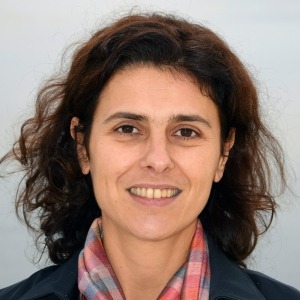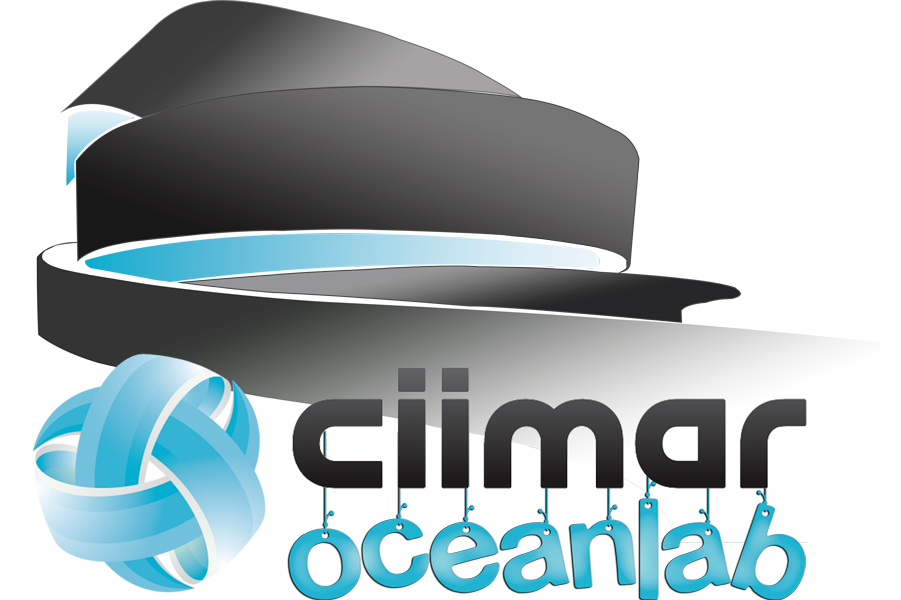

Investigador
Professora Associada com Habilitação de Química Orgânica e Farmacêutica da Faculdade de Farmácia da Universidade do Porto (FFUP), é atualmente Diretora do Mestrado em Química Farmacêutica FFUP e membro da Direção da Divisão de Química Medicinal e Biológica da SPQ. É Editora da Bioorganic Chemistry (Elsevier) e Editora Associada da Pharmaceuticals (MDPI).
Área de atividade científica centrada na Química Medicinal e Farmacêutica, particularmente, no design baseado na estrutura e na síntese de potenciais candidatos a fármacos com base em produtos naturais marinhos.
Autora de 5 patentes portuguesas e 5 internacionais na área da descoberta de fármacos.
EQUIPAS DE INVESTIGAÇÃO:
Produtos naturais marinhos e química medicinal









